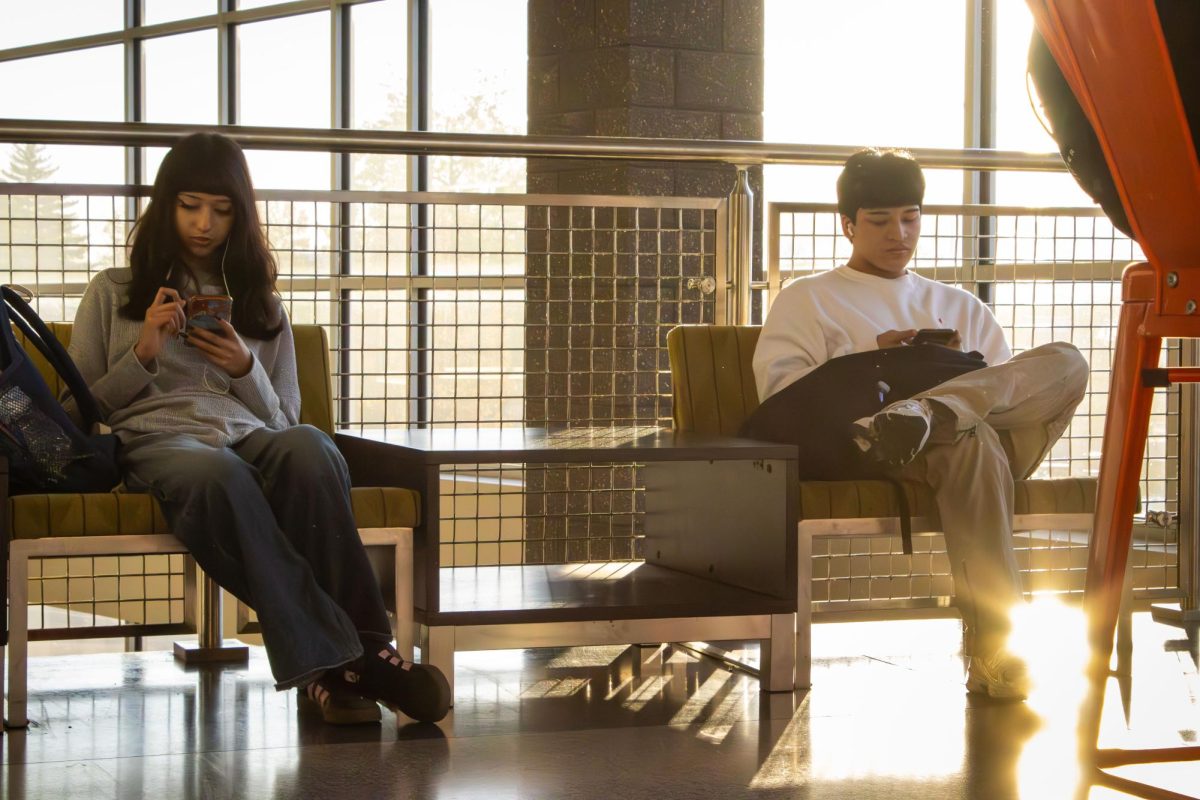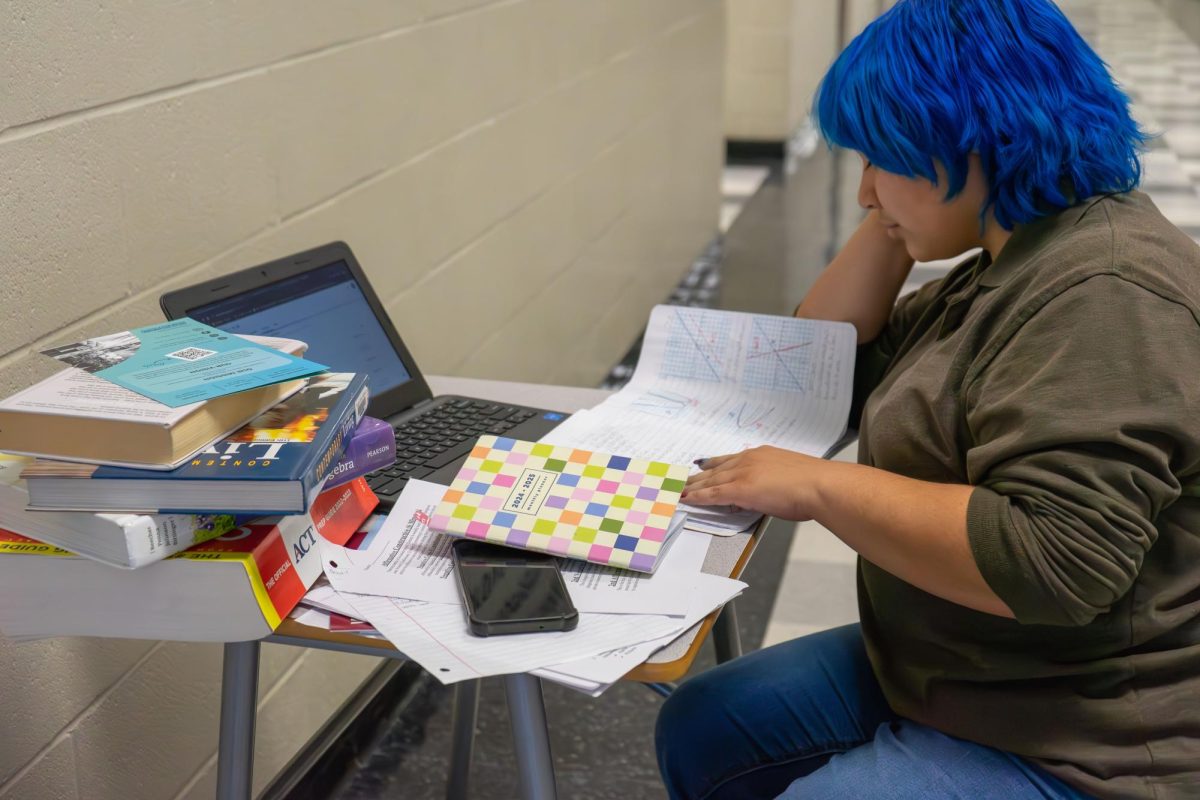April was Autism Awareness Month, a time dedicated to illuminating the diverse experiences of autistic individuals, promoting acceptance and advocating for inclusion.
Autism is a neurodevelopmental condition, it manifests in various ways, impacting social interaction, communication, and behavior. However, it’s disheartening to witness how Autism has become trivialized and misconstrued, becoming the butt of jokes or stereotyped in a way that doesn’t shed serious light upon it.
This normalization that we have created undermines the complexity of autism, neglecting the diverse spectrum of experiences and characteristics within the autistic community. It’s vital to recognize that not everyone with autism presents the same way, and each person deserves understanding, support, and respect.
People don’t understand that it’s not just a “trend”. Unfortunately, the challenges faced by individuals with autism are often overlooked by society. The daily struggle of navigating a world that isn’t always accommodating to their unique needs can be incredibly daunting. It’s crucial to realize that autism isn’t a “phase” or a new “thing” , it’s a fundamental aspect of a person’s identity that shapes almost every aspect of their life. Acknowledging the real difficulties faced by individuals with autism is essential for fostering a genuine understanding and creating a more inclusive society.
“Living with autism is very draining, especially without having support. What’s easy for neurotypical people takes a lot of preparation for me. Even just going to school is hard with all the bright lights, loud noises, and socializing. I also do this thing called ‘masking’ where you copy social cues of other people to fit in better. It’s very draining to constantly have to copy and second guess what you’re doing all day long,” said Jaela Parks (10).
While yes, we have specialized classrooms, many schools still lack adequate accommodations for the sensory sensitivities and social challenges presented with autism. As said, bright lights, loud noises, and overwhelming social interactions can create significant barriers for learning and participation for these students.
We need to prioritize the creation of sensory-friendly environments throughout our school, including quiet rooms, calming sensory areas, and help to minimize sensory overload in classrooms and common areas. As schools strive to address these challenges we have insight from Rogers Public Schools Administrators.
“Trying to actually understand what autism is and what it is not- as well as the fact that it is a true spectrum and not all autism presents the same, we need more awareness. People may hear about autism but they don’t exactly know what it is. The more people that know and advocate the better.” said Courtney Garcia, Rogers Public School Administrator (Reagan Elementary).
In line with Courtney Garcia’s insight, it’s evident that while awareness about autism exists, there’s a pressing need for deeper understanding. It’s high time we prioritize the creation of truly inclusive environments to ensure that schools provide the support of the diverse needs of students on the spectrum.






